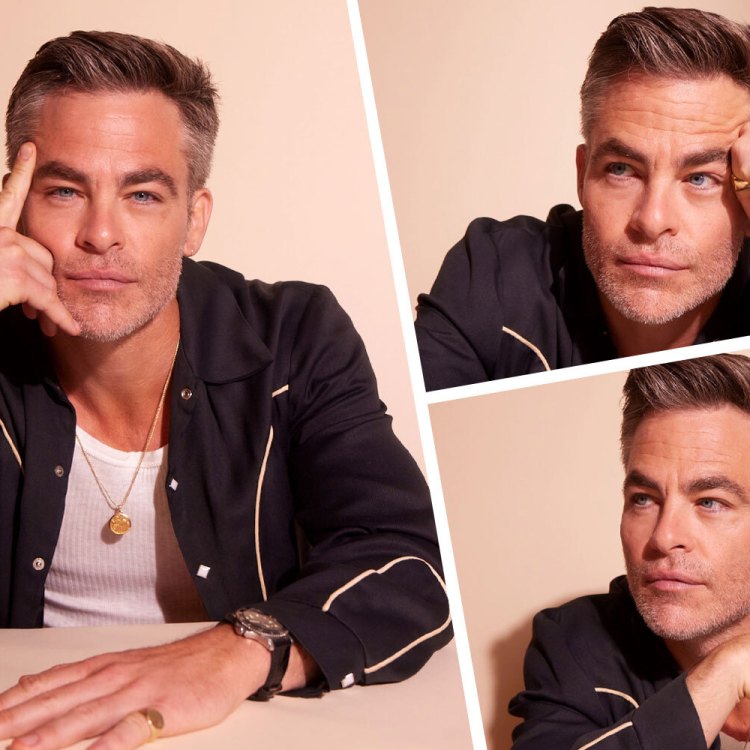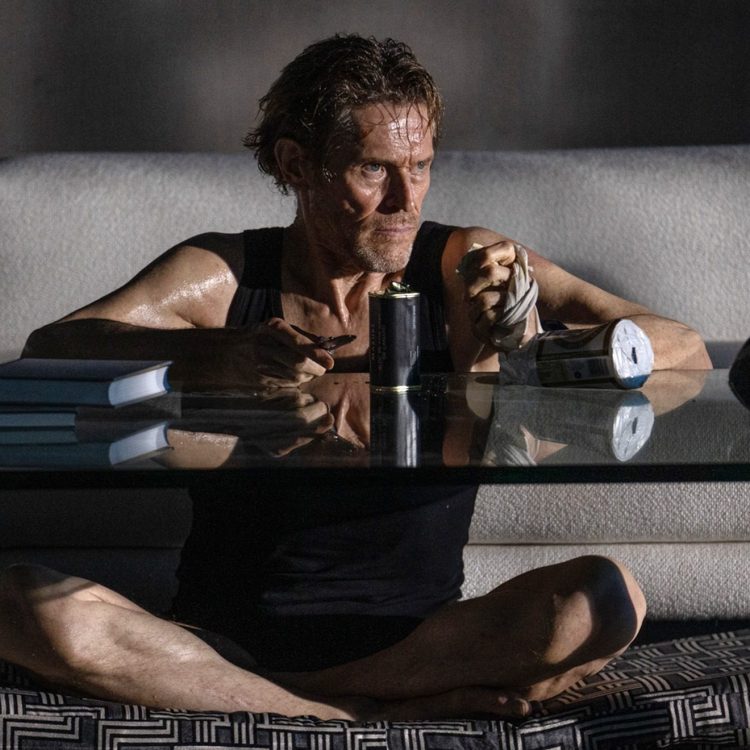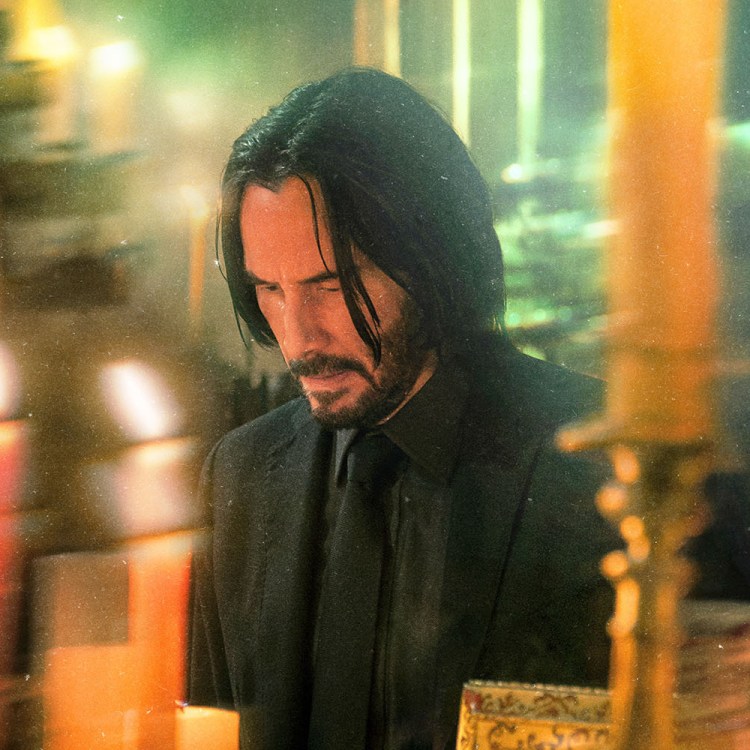In the eighteenth and final episode of 1999’s cult TV series Freaks and Geeks, the most clear-eyed emulation of the year 1980 the moving-picture medium has to offer, rocker doofus Nick discovers a new side of himself. He’s started dating a girl who’s turning him on to new experiences, such as dancing at the town disco dancehall, a social territory he previously wouldn’t have been caught dead in. He and his burnout friends once made a yearly tradition of crashing the club and yelling “DISCO SUCKS,” but he’s found a new home among the feather-haired and bell-bottomed nostalgia enthusiasts in this obscure, tucked-away enclave. When his buddies roll through for the annual razzing, he’s embarrassed to be spotted having fun in a manner so heinously uncool. Ever reliable for period verisimilitude, the show takes the cultural temperature of the era with fine precision in this scene. Disco would live on in the hearts and minds of its devotees, but by the beginning of the ‘80s, it had certainly died off in the tastemaking mainstream.
1980 signaled the end of the musical subculture’s heyday, a sea change marked at the time by a pair of films released a few months apart and just too late to capitalize on a fading trend. Mega-flops Xanadu and The Apple hold a special place in the annals of bad-movie glory, then reviled and now adored through a sheen of irony for their Busby Berkeley-on-uppers production design, decadently cheesy scores and a bizarre tone at once chaste and hypersexual. Beyond their value as camp classics perfect for sing-along rewatches under the influence, however, these two flops hold a deeper anthropological significance about who killed disco and how. The unhip authority figures of Hollywood (and their minor-league equivalents in the Israeli film industry) drained whatever authenticity still remained from a movement getting cannibalized by corporate interests, the carcass they left behind remanded to the graveyard of the passé.
By the summer that Xanadu roller-skated into theaters, the air had grown thick with anti-disco sentiment. Saturday Night Fever, a blockbuster monument to the liberating thrills of the dance floor when it was released back in 1977, had cooled into a faint memory. Much fresher in the public’s recollection was 1979’s Disco Demolition Night, in which thousands of belligerent White Sox fans brought records to Chicago’s Comiskey Park to be dynamited into oblivion between games of a double-header. Though the demonstration purported to be all about rock purism, the vitriol against a genre identified with the queer and Black communities allowed racism and homophobia to masquerade as simple preference. The following February, New York’s hedonist mecca Studio 54 got shut down over charges of tax evasion, bringing an end to the good ol’ days of coke and wanton bathroom hookups.
Disco’s coffin was closing, and one of its final nails was hammered down by Gene Kelly’s tap shoes. Xanadu holds the distinction of featuring the silver-screen softshoe legend’s final film role, conceived to salute and bid farewell to his classicist period of movie-musicals as we made way for a poppier modernism. He figures prominently into the plot as a former big-band sensation who’s long since left his muse and life behind, a cautionary example to our protagonist, struggling young painter Sonny (Michael Beck). A few decades apart, they were both visited by a Grecian muse (Olivia Newton-John) come to Earth in human form to inspire their best selves, which seems to mostly entail glowing with colored neon outlines achieved through primitive special effects. She also imbues Sonny with the power to roller-skate into a painting that transports him to the celestial kingdom of Xanadu. Screenwriter Richard Christian Danus would never get another feature script produced again.
Linked by the heaven-sent creative deity, Sonny and Kelly’s music man Danny still butt heads as different generations do, a conflict encapsulated in the number “Dancin’.” The men each imagine the club of their dreams, the former a glam-rock free-for-all and the latter a slick ‘40s joint styled after the “Broadway Melody Ballet” set from Singin’ in the Rain. The men exchange dogfighting solos until the scenery merges together and their visions meld into one, a harmonious joining of past and present. Except that in practice, this feels more like the present subsuming the past, placing rock and disco in a chronological lineage that frames them as just another phase of history to be tamed, sanitized and reproduced by cinema. One fad succeeds another, the fusion suggests, and then passes to make way for the next.
That segment draws particular attention to the domestication and defanging of a vitally cutting-edge milieu, an image-shift that guides the rest of the film. The music team’s notion of disco is chaste and white, alternating between the songs of Electric Light Orchestra and showtunes from Razzie-winning composer Jeff Farrar. In either case, ABBA’s manufactured tunefulness stands out as the dominant model, so commercially popular that it would supersede divas like Gloria Gaynor and Donna Summer as the face of the scene for the average American. Xanadu director Robert Greenwald carried the grit-free, frictionless Swedish model to new heights of studio artifice, and lost the genuine soul that had made disco a refuge for anyone looking to get their groove on. It was all too clean.
To ensure that every last speck of danger and dirt would be scrubbed away from the artistic renaissance that gave us this filthy little gem, The Apple came along in November 1980, 40 years ago this week. The brainchild of Israeli music producer Coby Recht, it began as “Nineteen Eighty-Four, but with music.” Under the stewardship of director Menahem Golan, the screenplay eventually mutated into a lighthearted dystopian riff on A Star Is Born with heavy Biblical overtones. Duet act Alfie and Bibi (George Gilmour and Catherine Mary Stewart, more ABBA clones) leave their home of Moose Jaw, Canada, to pursue Stateside fame at the Worldvision Song Festival, only to be seduced and torn asunder by contracts with Faustian kingmaker Mr. Boogalow and his evil BIM Corporation. The standard rise-and-fall narrative takes some truly loony detours, at one point sending Bibi to a fantastical Hell where she meets “an actual, actual, actual vampire,” as one of the more oft-quoted lyrics goes.
The core thrust of the plot pertains to whether Bibi and Alfie will submit to conformity and put a triangular sticker on their respective foreheads, but beneath this strange, dumb surface, more unsavory business hides in the subtextual layer. The corrosive qualities of the music biz come to stand for a wider moral rot endemic to fun itself, a conservative view at odds with disco’s indulgent origins. Sex and drugs represent the most urgent threats to the pure, virginal Alfie and Bibi, temptations with no place in the uppermost echelons of the entertainment industry. A kaleidoscopic carnal dance is supposed to play like a nightmare, unable to obscure its own appeal; the anti-narcotic messaging also plays at an odd angle, situated as it is in a movie so clearly informed by the manic, grandeur-deluded jitter of cocaine. These sleazy lures made disco catch on the underground circuit and turned Saturday Night Fever into a hit, and even so, Golan presumed he and his movie and everybody watching it would be better off without them.
The Apple concludes, as it must, with God (referred to as Mr. Topps, for reasons unbeknownst to we mere mortals) showing up in his flying Rolls-Royce to do an impromptu Rapture and reward all the good folks free of sin. It’s a prescriptive ending unbefitting the come-as-you-are attitude of disco, under which weirdoes and freaks of every stripe were encouraged to dress, imbibe, and live in a fashion as far over the top as possible. The maximalist bent of these films replicates the gonzo Bianca-on-the-horse lavishness without acknowledging the factors that motivated it and made it all such a good time. If a modern viewer didn’t know any better, they’d think the discotheque was a family-friendly hangout where creeps kept trying to get innocent dancers high.
Commercialism was the force that ended disco’s supremacy, as money and exclusivity came to determine who’d get into the chicest joints, effectively defeating the whole purpose of the enterprise. (This led to the rise of rave culture, a euphorically welcoming new way to party that replaced the big disco clubs’ hopeless line-waiting and demeaning guest lists with open warehouses and five-buck cover charges.) Even if they did it with their own kitschy flair, Xanadu and The Apple shared this impulse to appropriate and remold disco into a tidier, more lucrative image. All they did was hasten its demise with their garish, compromised diluting of an earnest ethic. These films know the steps without coming close to comprehending the spirit of the dance. You can find more passion in the comments section of any given Giorgio Moroder YouTube video.
This article was featured in the InsideHook newsletter. Sign up now.



















